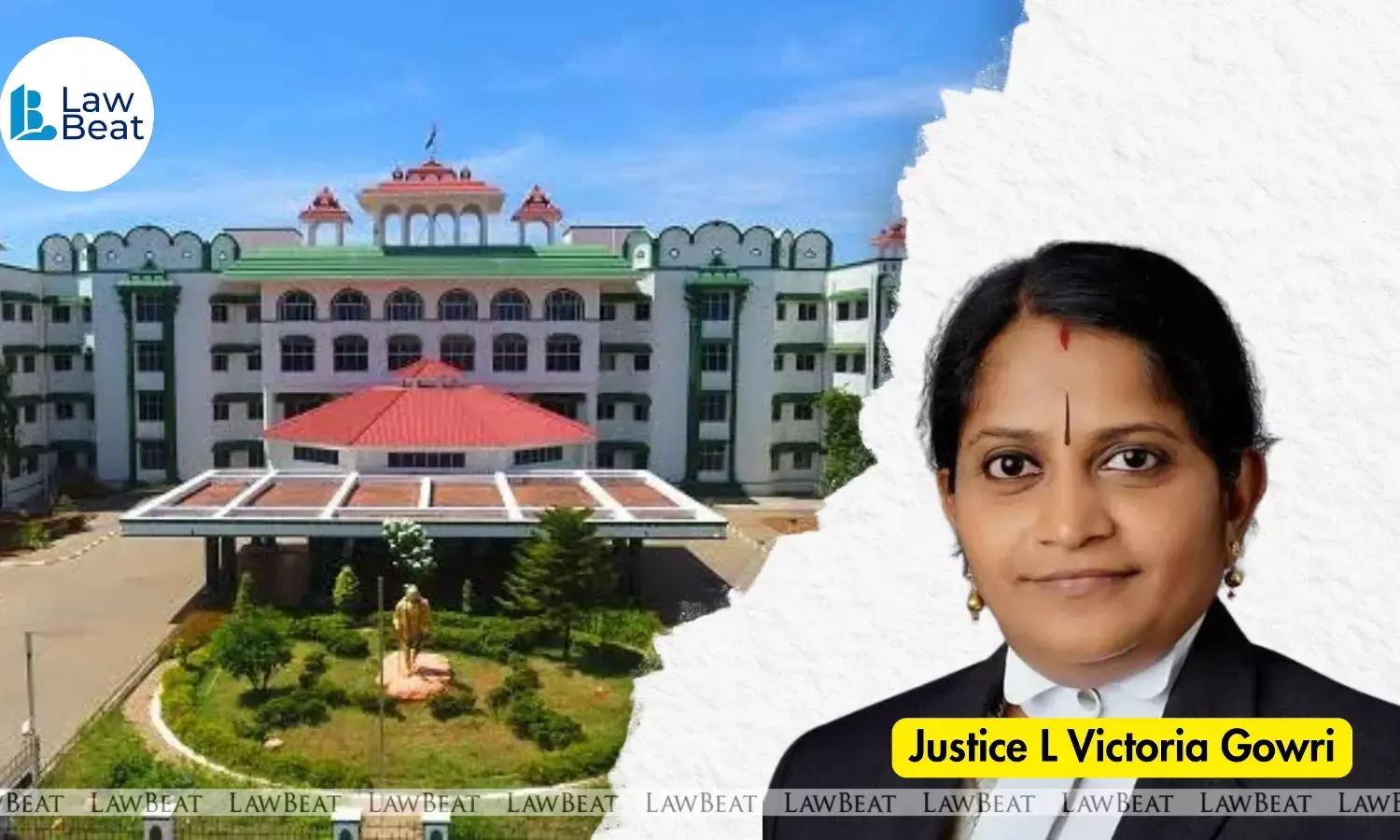'Married Under Christian Laws, No SC Quota Benefit': Madras High Court

The Madras High Court has held that voluntary submission to marriage under the Indian Christian Marriage Act, 1872 amounts to "deemed renunciation" of one's native religion and constitutes conversion to Christianity for legal purposes.
Once a person submits voluntarily for the conduct of one's marriage under the Indian Christian Marriage Act, 1872, the court observed, the said person could be considered a Christian thereafter and renunciation of their native religion is automatic.
The bench of Justice L. Victoria Gowri made these observations while allowing a writ petition challenging the eligibility of Theroor Town Panchayat Chairman V. Amudharani, who had contested for a post reserved for the Scheduled Caste (SC) community.
The petitioner, V. Iyyappan, had alleged that despite originally belonging to a Hindu Pallan (SC) community, Amudharani had ceased to be eligible for reservation benefits after marrying a Christian man under Christian rites and customs.
At the heart of the legal dispute was whether Amudharani, who solemnized her marriage in 2005 at St. Antony’s Church in Kulasekaramputhoor under the Indian Christian Marriage Act, could still claim SC status and contest for the Chairman post, which was reserved for Scheduled Caste (general) candidates under the 2022 local body reservation order.
While Amudharani argued that she never converted to Christianity and continued to follow Hindu practices, the court disagreed. It referred to the marriage register and found that the Christian marriage rites, including the publication of banns — a religious prerequisite indicating both parties’ Christian faith — were fulfilled. Court emphasized that even in the absence of a formal baptism, the act of solemnizing marriage under Christian law triggered a change in socio-legal identity.
"Irrespective of the fact whether one of the spouse is baptized or not, whether one of the spouse who is not a Christian has converted herself to Christian or not, once voluntarily submitting oneself for the conduct of marriage under the Indian Christian Marriage Act, 1872, would precisely mean that the marriage has been conducted between two persons who profess the Christian religion for the purposes of the aforesaid Act," court said.
Justice Gowri clarified that the Indian Christian Marriage Act does not permit civil interfaith marriages. By choosing to marry under this law, both spouses are deemed Christians for the purposes of the Act. Court added that such a marriage leads to an automatic loss of Scheduled Caste status under the Constitution (Scheduled Castes) Order, 1950, which limits SC recognition to persons professing Hinduism, Sikhism, or Buddhism.
Citing relevant provisions of the Tamil Nadu Government Servants (Conditions of Service) Act, 2016, and precedents including the Supreme Court’s decision in C. Selvarani v. District Collector, the court concluded that Amudharani now fell under the Backward Class category as a Christian convert and was not entitled to contest in the SC-reserved Chairman election.
"In the given circumstances, the conferment of scheduled caste communal status to the 4th respondent, who is a Christian by religion, is nothing but a fraud on the Constitution," court held.
Accordingly, court directed the concerned authorities to declare Amudharani disqualified from the post of Chairman of Theroor Town Panchayat and take necessary action under Section 50(1)(ddd) of the Tamil Nadu District Municipalities Act, 1920.
Case Title: V.Iyyappan vs. The District Collector/Inspector of Panchayats, Kanyakumari District and Others
Download judgment here
